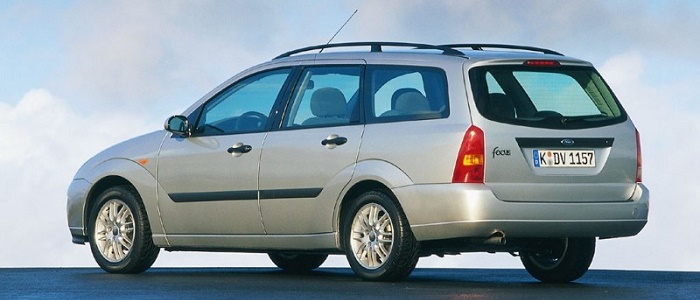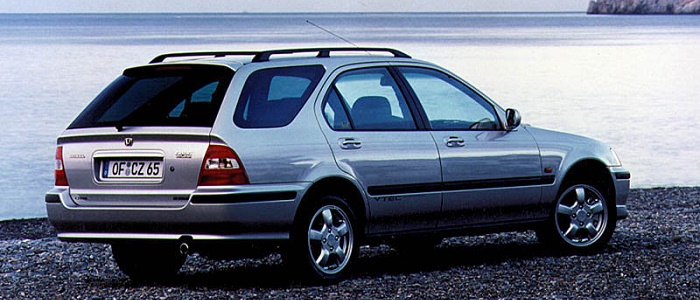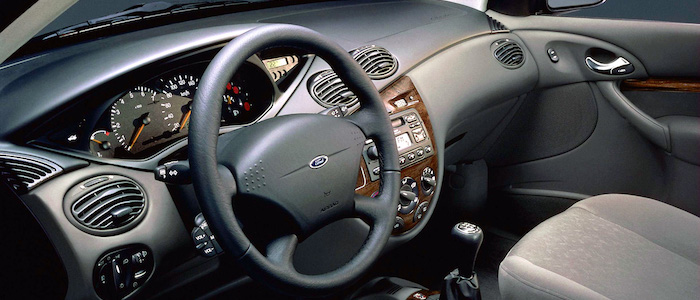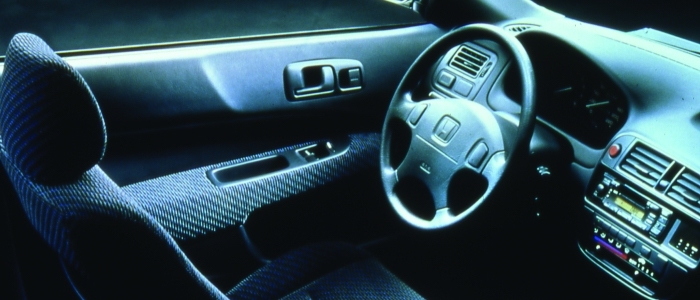Compare two cars
Compare any two cars and get our Virtual Adviser™ opinion
Marketing
Dimensons & Outlines
Engine
Performance (manual gearbox)
Performance (automatic gearbox)
Expenses
Virtual Adviser's™ opinion
Well, these are two pretty similar cars we have here! It's only details that could potentially make the difference. Considering they both belong to the small family car segment and utilize the same 5-door wagon body style and the front wheel drive system, it all comes up to the specific petrol engine choice they offer. The first one has a Ford-engineered powertrain under the hood, a 4-cylinder, 16-valves 100hp unit, while the other one gets its power and torque from a 4-cylinder, 16-valves 117hp engine designed by Honda.
SafetyBoth vehicles got tested by European New Car Assessment Programme (Euro NCAP), with the Ford being a slightly better choice apparently. Moving further on, let's take a closer look at some additional safety-related facts. Both vehicles belong to the small family car segment, which is generally classifying them somewhere in the middle safety-wise, but that fact doesn't break the tie between the two cars. Furthermore, if we'd like to consider vehicle mass in this context too, which we definitely should, the American car offers a marginal difference of 3% more metal.
ReliabilityI don't like generalizing things when it comes to reliability, although it does seem that Honda does have a slight advantage, at least on all of the models level. These are the official statistics, while our visitors describe reliability of Ford with an average rating of 4.4, and models under the Honda badge with 4.7 out of 5. Independent research findings rank Focus as average reliability-wise, and Civic is more or less at the same level.That apart, owners of different cars powered by the same engine as the American car rank it on average as 4.8, while the one under the competitor's bonnet gets 5.0 out of 5.
Performance & Fuel economyFord is a bit more agile, reaching 100km/h in 0.3 seconds less than its competitor. Still, it lacks the power to win the top speed competition, topping at 185 kilometers per hour, 5km/h less than the other car. When it comes to fuel economy things look pretty much the same for both cars, averaging around 6.9 liters of fuel per 100 kilometers (41 mpg), in combined cycle.
Verdict
Honda appears just a bit more reliable, although the difference is truly marginal. The most important thing when deciding between any two vehicles should always be safety, both passive and active. In my opinion, everything taken into account, the American car offers much better overall protection, which launches it ahead of the other contender. It all continues in the same direction, with Ford offering somewhat better performance, just enough to call it quicker. It does come at a cost though, and that's the fuel consumption... No mistake, whatever you decide here, but I'd still go for the Ford. Anyway, that's the most objective conclusion I could've came up with and it's based solely on the information found on this website. Aspects such as design, practicality, brand value and driving experience are there for you to measure them out. In case you have two minutes to spare I invite you to define your needs, desires and budget and see which car would be chosen by the virtual adviser™, among more than 12.000 different ones in our database.






























